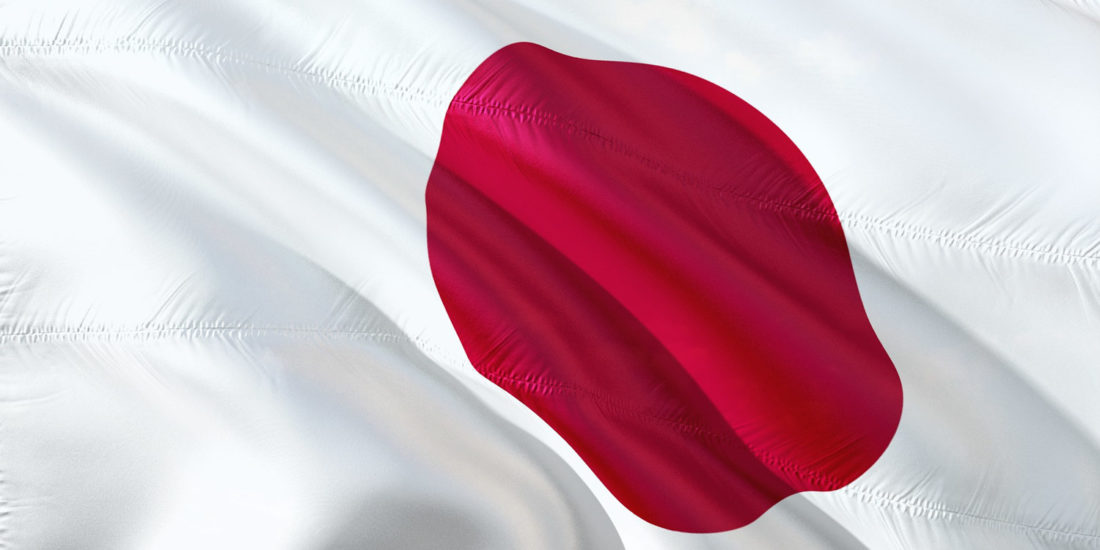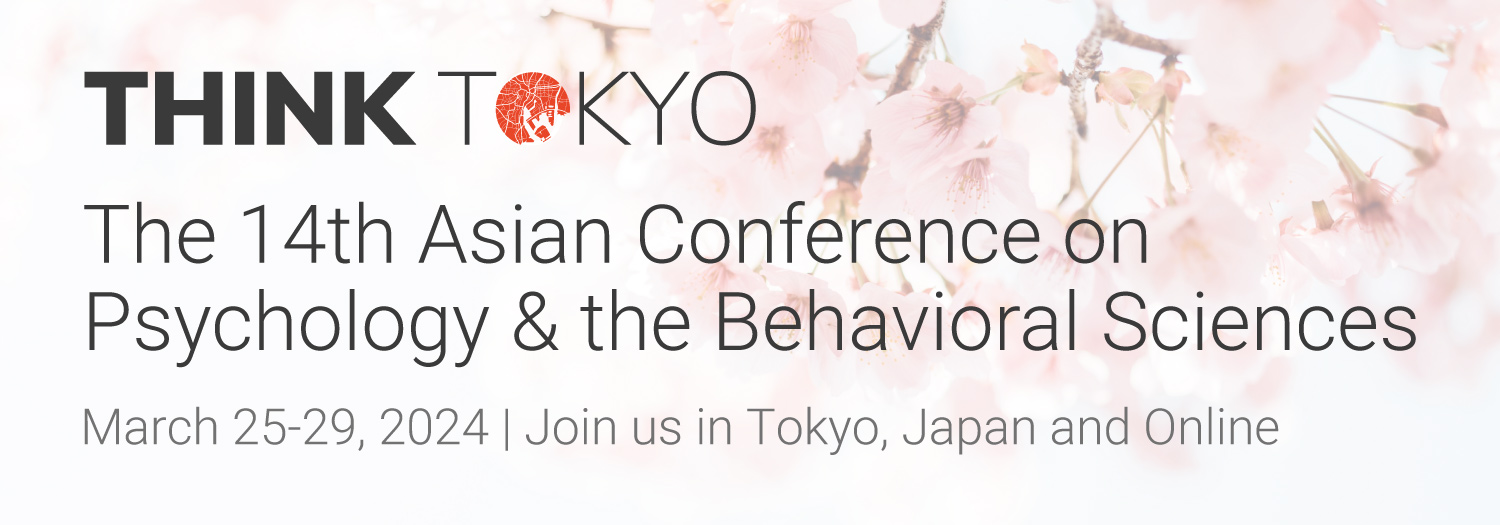Renowned for its hospitality, Japan is getting ready for more omotenashi as it prepares for the Olympic and Paralympic games. However, is Japan really a helpful nation? Are the Japanese compassionate people? This presentation provides evidence that, in Japan, the decision to help a stranger depends heavily on what the situation dictates. To avoid the embarrassment of appearing meddlesome, the Japanese are less likely to intervene when the need of help is ambiguous, rather than clear. Further research shows that people who pursue compassionate goals to support others’ well-being are more likely to help, whereas those who pursue the goals to avoid projecting a negative image of the self are less likely to help. These findings suggest that helping could be promoted by encouraging people to shift their focus from questioning “what will I get?” to “what can I give?” Additionally, I will present recent findings that suggest that despite spending more time on others, those with compassionate goals experience greater time affluence and subjective well-being. The more strongly people pursue the goals to support others, the more they offer help and the happier they are.
Read presenters' biographyHelping a stranger in Japan: Who helps and why?

